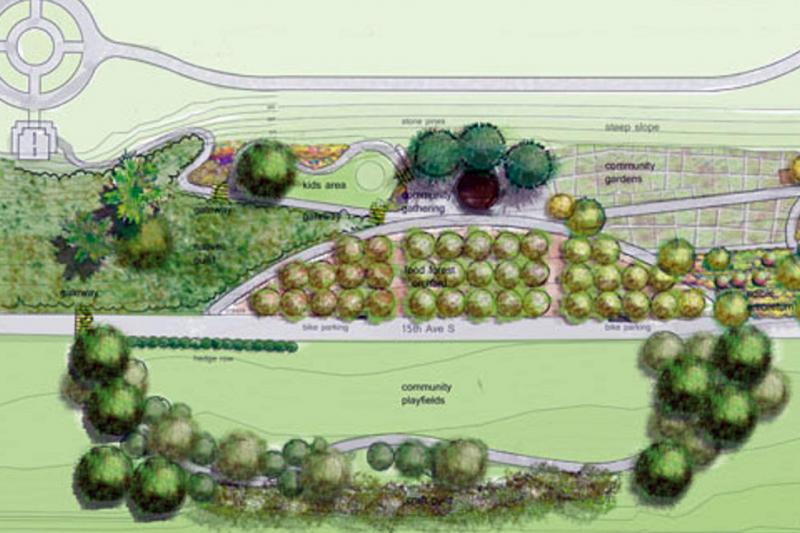You are here
Sat, 2012-01-28 12:45 — mdmcdonald
The Smart Cities Collaboratory will be focusing on the issues associated with the use of distributed smart grids.
The mission of the Smart Cities Collaboratory will be to explore issues associated with the use of distributed smart grids, cloud computing and mesh networks for the purpose of improving health, human security, resilience and sustainability.
Add Content to this group
Members
| Kathy Gilbeaux | Maeryn Obley | mdmcdonald | Miles Marcotte | Norea | WDS1200-Columbus |
Email address for group
smart-cities@m.resiliencesystem.org




 Image/Chad Hagen - The New York Times Company
Image/Chad Hagen - The New York Times Company
Recent Comments